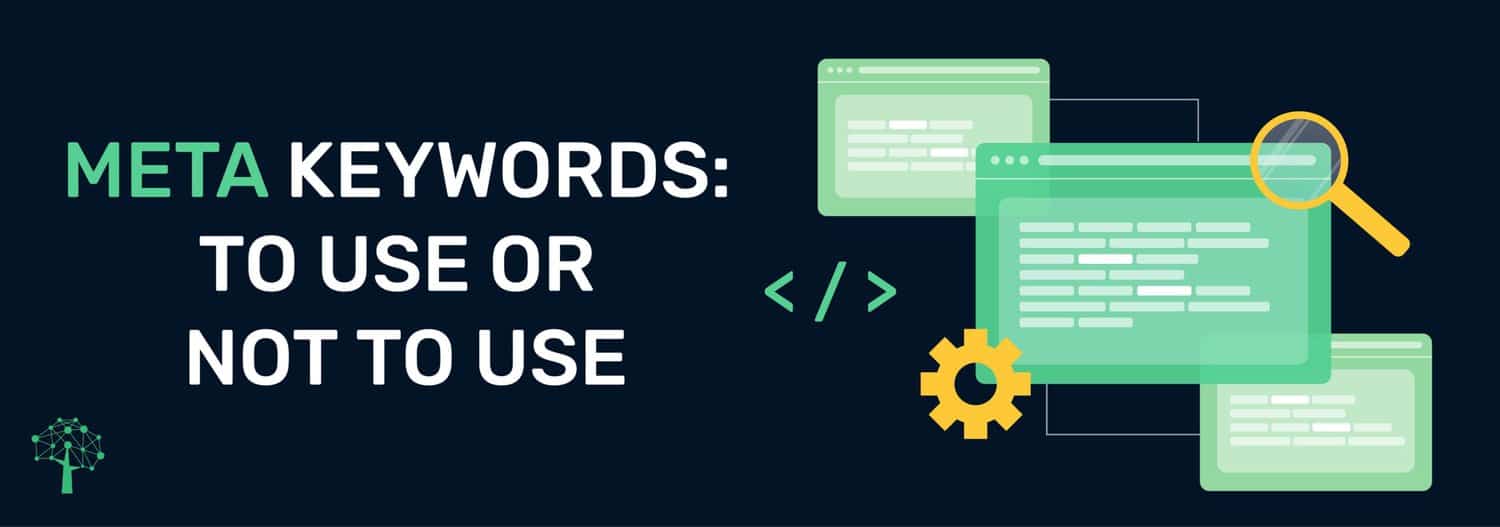
Meta Keywords: Are They Still Relevant? An SEO Perspective with Moz Insights
The world of Search Engine Optimization (SEO) is constantly evolving. Strategies that were once considered best practices can quickly become outdated or even detrimental to your website’s ranking. One such element that has been the subject of much debate is the use of meta keywords. In this article, we’ll delve into the history of meta keywords, their current relevance (or irrelevance), and what leading SEO authorities like Moz have to say about them.
A Brief History of Meta Keywords
In the early days of search engines, meta keywords tags were designed to help search engines understand the topic of a webpage. Webmasters would populate the meta keywords tag with a list of relevant keywords that described the content of the page. The idea was that search engines would use these keywords to index the page and match it with relevant search queries.
However, it didn’t take long for some webmasters to abuse this system. They began stuffing the meta keywords tag with irrelevant or excessive keywords in an attempt to manipulate search rankings. This practice, known as keyword stuffing, led to poor search results and a degraded user experience. Search engines, including Google, quickly realized that the meta keywords tag was unreliable and began to devalue its importance.
The Demise of Meta Keywords: Google’s Stance
Google officially announced that they do not use the meta keywords tag in their ranking algorithm. This announcement marked a significant shift in SEO strategy. While other search engines like Bing may still consider meta keywords to a very small degree, Google’s dominance in the search market meant that the tag’s importance diminished drastically.
The reason for Google’s decision was simple: the meta keywords tag was easily manipulated and provided little reliable information about the actual content of a page. Google’s algorithms became sophisticated enough to analyze the content of a page directly, making the meta keywords tag redundant.
Moz’s Perspective on Meta Keywords
Moz, a leading SEO software and education company, has consistently advised against focusing on meta keywords. Moz‘s experts emphasize that time and resources are better spent on other SEO strategies that have a proven impact on rankings, such as creating high-quality content, building backlinks, and optimizing website architecture.
According to Moz, the meta keywords tag is, at best, a neutral factor. It won’t hurt your rankings, but it also won’t help them. At worst, it could be seen as a sign of outdated SEO practices, which might not create a positive impression. Moz recommends focusing on on-page optimization elements that directly influence search engine rankings, such as title tags, meta descriptions (which still influence click-through rates, even if they don’t impact ranking), header tags, and the content itself.
Why Meta Keywords Are No Longer Effective
Several factors contributed to the decline in the effectiveness of meta keywords:
- Keyword Stuffing: The widespread abuse of meta keywords led search engines to distrust the tag.
- Algorithm Advancements: Search engine algorithms became more sophisticated at analyzing content directly.
- Content Quality: Search engines prioritized high-quality, relevant content over keyword-stuffed pages.
- User Experience: Search engines focused on providing the best possible user experience, rewarding websites that offered valuable information and easy navigation.
What to Focus on Instead of Meta Keywords
Instead of wasting time on meta keywords, focus on these more effective SEO strategies:
High-Quality Content Creation
Create content that is informative, engaging, and relevant to your target audience. Focus on providing value and answering their questions. [See also: How to Write Engaging Blog Posts]
On-Page Optimization
Optimize your title tags, meta descriptions, header tags, and image alt text with relevant keywords. Ensure that your content is well-structured and easy to read. This also includes optimizing your URL structures.
Link Building
Earn high-quality backlinks from reputable websites in your industry. Backlinks are a strong signal to search engines that your website is trustworthy and authoritative. [See also: Link Building Strategies for SEO]
Website Architecture
Ensure that your website has a clear and logical structure. Make it easy for search engines to crawl and index your pages. A well-organized website improves user experience and search engine visibility.
Mobile Optimization
Optimize your website for mobile devices. Mobile-friendliness is a ranking factor, and a significant portion of web traffic comes from mobile devices.
User Experience (UX)
Focus on providing a positive user experience. This includes fast loading times, easy navigation, and a visually appealing design. A good user experience can lead to increased engagement and lower bounce rates, which can positively impact your rankings.
The Meta Description: Still Important
While meta keywords have become obsolete, the meta description tag remains important. The meta description is a short summary of your page’s content that appears in search engine results pages (SERPs). While it doesn’t directly impact rankings, a well-written meta description can entice users to click on your link, increasing your click-through rate (CTR). A higher CTR can indirectly improve your rankings by signaling to search engines that your page is relevant and valuable.
Key Takeaways about Meta Keywords and Moz
- Meta keywords are no longer used by Google for ranking purposes.
- Moz recommends focusing on other SEO strategies that have a proven impact on rankings.
- Prioritize high-quality content, on-page optimization, link building, and website architecture.
- The meta description tag remains important for improving click-through rates.
Conclusion: Focus on What Works
In the ever-changing world of SEO, it’s crucial to stay informed about the latest best practices. While meta keywords may have had a place in the past, they are no longer relevant in today’s search landscape. Instead of wasting time on outdated tactics, focus on creating high-quality content, optimizing your website for search engines and users, and building a strong online presence. By following these strategies, you can improve your search engine rankings and attract more traffic to your website. Remember to always consult reputable sources like Moz for the latest SEO advice and insights. Understanding the history and decline of meta keywords helps illustrate how SEO strategies must adapt to evolving search engine algorithms.

